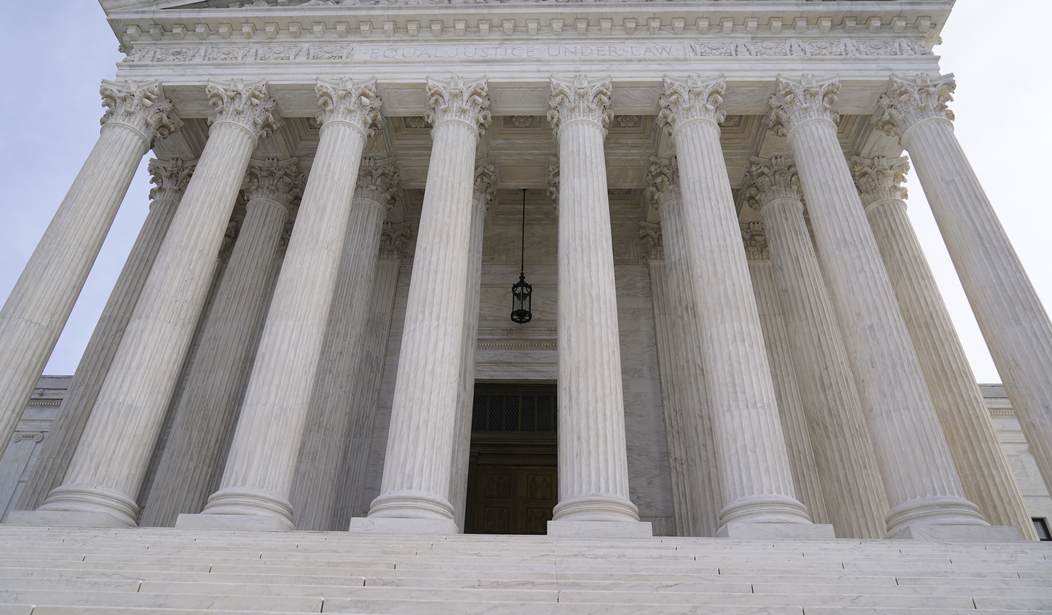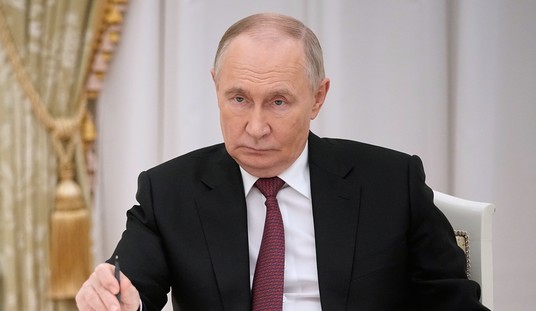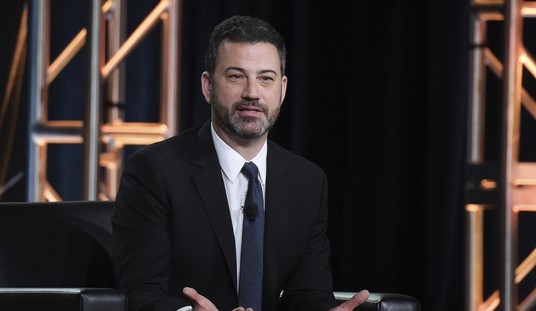What are the religious rights of condemned prisoners? The Supreme Court handed down an important ruling that expands rights for those condemned to die by the state.
The court ruled that a death row inmate can have a pastor pray over them and touch them as they are lethally injected.
In their 8-1 ruling, the justices ruled that the potential disruptions to the execution process were not sufficient to overcome religious freedom granted in a law passed in 2000 known as the Religious Land Use and Institutionalized Persons Act.
“There is a rich history of clerical prayer at the time of a prisoner’s execution, dating back well before the founding of our Nation,” Chief Justice John Roberts wrote. “By passing RLUIPA, Congress determined that prisoners like Ramirez have a strong interest in avoiding substantial burdens on their religious exercise, even while confined … Because it is possible to accommodate Ramirez’s sincere religious beliefs without delaying or impeding his execution, we conclude that the balance of equities and the public interest favor his requested relief.”
Texas offered a variety of arguments against allowing prayer and touch while an inmate is lethally injected. One concern was that a minister could injure the inmate or interfere with the procedure. Another was that a verbal statement could traumatize victims or witnesses and prevent communication between those carrying out the execution.
Justice Clarence Thomas was the only member to vote against the majority, arguing on procedural grounds that the prisoner did not properly present his objection.
Other justices had objections, however.
Justice Samuel Alito, for example, complained that “we can look forward to an unending stream of variations,” from death row inmates seeking different religious accommodations if the Court ruled in Ramirez’s favor.
Ultimately, however, Alito — along with every justice other than Thomas — joined an opinion by Chief Justice John Roberts, which ruled in Ramirez’s favor. Technically, the opinion permits Texas to continue litigating this case in a lower court, but Texas would also have to delay Ramirez’s execution in order to do so. And Roberts’s Ramirez opinion announces a legal rule which would make it difficult for Texas to prevail if it does decide to continue litigating this case.
The ruling is limited in that it didn’t address what a pastor was able to do when the execution method was a firing squad, electric chair, or gas chamber. The justices were silent about accommodations for the pastor in those cases.










Join the conversation as a VIP Member